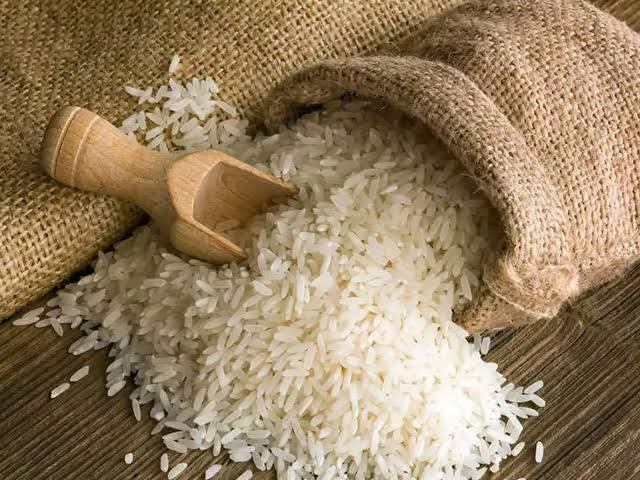The Central government is likely to introduce the Bharat rice, selling rice under the Bharat brand of affordable cereals and pulses, at a discounted rate of Rs 25 per kilogram ahead of the 2024 Lok Sabha elections. The government is looking to introduce this policy to tackle rising food inflation. “There is always one motive: curtailing prices and, thus, inflation,” a senior official said.
The Bharat rice, if introduced, will likely be made available through government agencies like the National Agricultural Cooperative Marketing Federation of India (Nafed), National Cooperative Consumers’ Federation of India (NCCF) and Kendriya Bhandar outlets as well as mobile vans.
At present, the government provides Bharat wheat flour and chana dal at discounted rates of Rs 27.50 per kg and Rs 60 per kg respectively. Bharat wheat flour and chana dal are sold at more than 2,000 retail points.

The development comes as food inflation in November stood at 8.7 per cent in November against 6.61 per cent in October and 4.67 per cent in November last year. Cereal prices witnessed a 10.3 per cent rise in the same period, as per the National Statistical Office (NSO) data.
Food inflation comprises a significant part of retail inflation. Retail inflation stood at 5.55 per cent in November on higher food prices. The retail inflation based on consumer price index (CPI) was at 4.87 per cent in October. Inflation had been declining since August when it touched 6.83 per cent. Retail inflation stood at 5.88 per cent in November 2022.
Devendra Pant, Chief Economist at India Ratings, expressed to the publication that the subsidised food grain initiative suggests economic growth figures might not accurately represent the situation at the bottom of the income pyramid.
He pointed out the ongoing challenges faced by lower-income groups, underlining the structural issues causing inflation in cereals and pulses. Pant also expressed doubt about the rising wheat prices despite export bans and increased domestic supplies.
He expects the Consumer Price Index to slowly drop to 4 per cent by the end of the next fiscal year, but he predicts inflation to average around 5. 2-5. 3 per cent for the current fiscal year.
👉 Click here to read the latest Gujarat news on TheLiveAhmedabad.com




